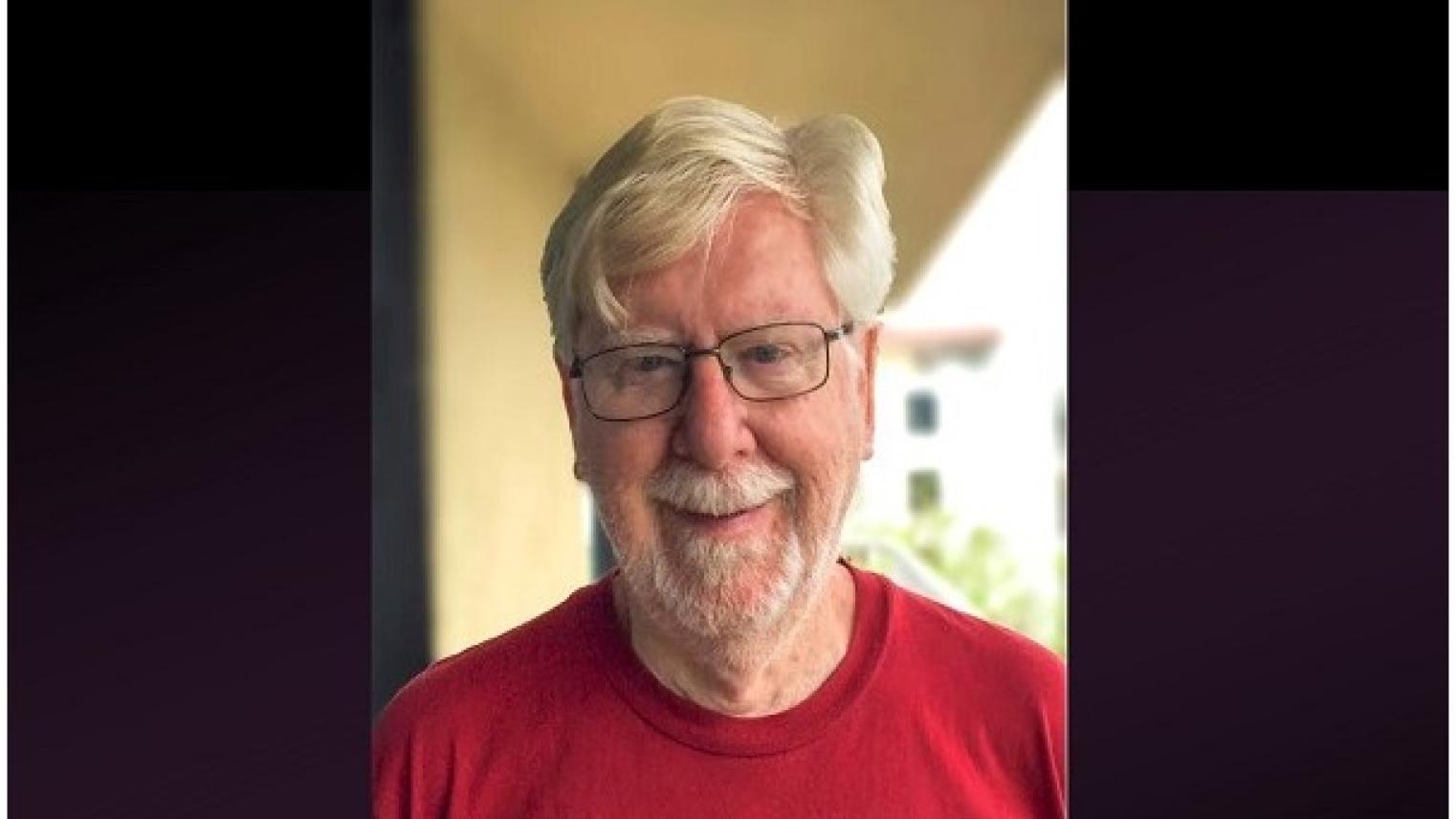Vale Professor Donald Denoon

Professor Donald John Noble Denoon, a member of staff from 1982 to 2003 in what would become the School of Culture, History & Language, passed away in Sydney on 3 July 2024. Donald was married to Pamela Denoon (1942-1988), who is commemorated annually in the Pamela Denoon Lecture at the ANU (Denoon 2021), and then to Mary Mortimer, who survives him along with their four shared children and grandchildren.
Born in Lossiemouth, Scotland in 1940, Donald moved with his family to South Africa, where he completed a BA(Hons) at Natal University in 1961, before pursuing his PhD at Cambridge from 1962-1965. His first academic appointment was as Lecturer in History at Makarere University, Kampala (from 1966-1972, with excursions to the University of Toronto and the University of Ibadan), followed by an appointment as Professor of History at the University of Papua New Guinea (UPNG) from 1973 to 1981. Although he continued to publish on African history into the 1980s and wrote about the pernicious influence of African models and analogies in Pacific Studies (Denoon 1999), Donald thereafter was primarily a historian of Papua New Guinea and the Pacific. Donald’s inaugural lecture at UPNG in 1973, titled “People’s History”, signalled the importance of oral traditions for national identity in a country on the eve of Independence, and his tenure at Waigani straddled Papua New Guinea’s transition from colonial territory to independent state, a watershed period on which he wrote extensively.
In 1982, Donald took up his first appointment at ANU, as a Senior Research Fellow in what was then the Department of Pacific and Southeast Asian History, becoming the Professor of Pacific Island History from 1990 until his retirement in 2003. While he edited and promoted the research of others across the Pacific and Asia, Donald’s personal research interests and collaborations focused on a number of key themes, including medical history and the contemporary history of mining in Papua New Guinea, Australian history, and historiography more generally. He also maintained an interest in his former colleague, the German artist and scholar Ulli Beier, who had made a similar trajectory from Nigeria to Papua New Guinea but struggled to complete a planned biography (a challenge he described in Denoon 2001).
Amongst his many publications that did see the light of day, Donald was general editor of the Cambridge History of the Pacific Islanders (Cambridge University Press, 1997). His other books – which indicate the breadth of Donald’s interests as well as his talent for collaboration – include Southern Africa since 1800 (with Balaam Nyeko, Longman, 1972, rev. ed. 1984), A Grand Illusion: The Failure of Imperial Policy in the Transvaal Colony during the Period of Reconstruction 1900-1905 (Longman, 1973), Oral Tradition in Melanesia (with Rod Lacey, IPNGS, 1981), A History of Agriculture in Papua New Guinea (with Catherine Snowden, IPNGS, 1981),Settler Capitalism: the Dynamics of Dependent Development in the Southern Hemisphere (Oxford University Press, 1983), Public Health in Papua New Guinea: Medical Possibility and Social Constraint, 1884–1984 (with Kathleen Dugan and Leslie Marshall; Cambridge University Press, 1989),Multicultural Japan: Paleolithic to Postmodern (with Mark Hudson, Gavan McCormack and Tessa Morris-Suzuki, Cambridge University Press,1996), Mining and Mineral Resource Policy Issues in Asia-Pacific: Prospects for the 21st Century (with Chris Ballard, Glenn Banks and Peter Hancock, Division of Pacific and Asian History, 1996), Getting Under the Skin: The Bougainville Copper Agreement and the Creation of the Panguna Mine (Melbourne University Press, 2000), A History of Australia, New Zealand, and the Pacific (with Philippa Mein-Smith and Marivic Wyndham, Blackwell, 2000), Without a Gun: Australians' Experiences Monitoring Peace in Bougainville,1997-2001 (with Monica Wehner, Pandanus Press, 2002), and A Trial Separation. Australia and the Decolonisation of Papua New Guinea (ANU Press, 2005).Donald then took to retirement with enthusiasm, writing two novels (Afterlife: A Divine Comedy, Pandanus Books, 2004; Distrust Territory, 2010) and throwing himself into community organisations around his new home in Pyrmont, Sydney.
Celebrated for his wry sense of humour, notably in the delivery of seminars, Donald was profoundly collegial, serving as a member of the University of Papua New Guinea Council (1996-2003), as the Oceania representative for UNESCO’s History of Mankind, Section editor for the Pacific Islands on the British History Bibliography project, and on the boards of The Journal of Pacific History, and the Pacific Manuscripts Bureau; he also chaired numerous academic institutional reviews, and acted as the first Convenor of the newly-constituted Division of Pacific and Asian History. Donald’s scholarship and service to the discipline were recognised by his appointment as Fellow of the Academy of the Humanities in 1992. For those who want to know more about his career, Donald’s own account of the Pacific and Asian History department was published in The Journal of Pacific History (https://www.jstor.org/stable/25169300), and his collected papers are deposited at the ANU’s Pacific Research Archive in the Menzies Library (ANUA 411).
There will be a memorial for Donald from 12 to 4pm on 7 September, at Jackson’s Landing Station, 58 Bowman St, Pyrmont, Sydney, hosted by his partner Mary Mortimer and his children.